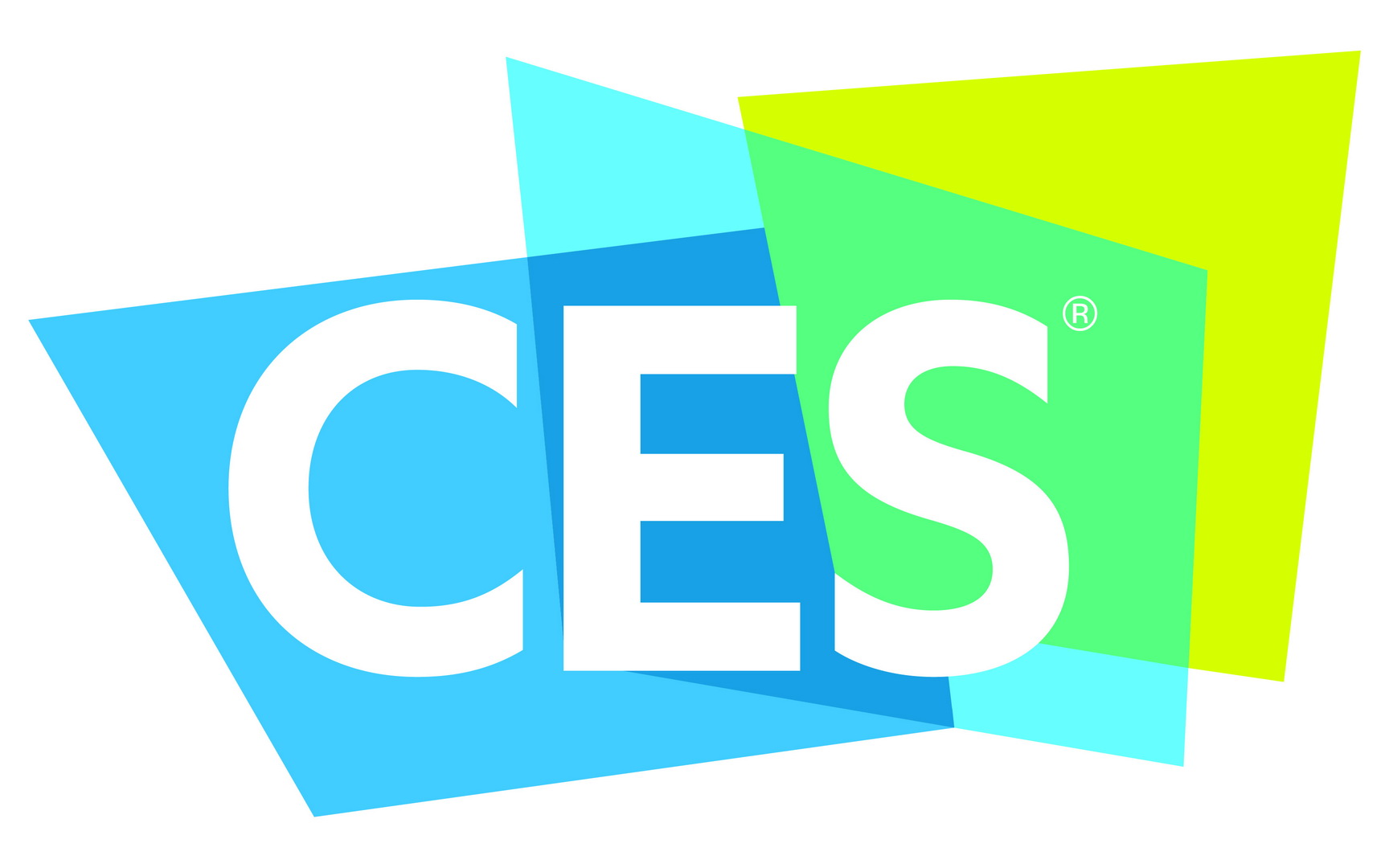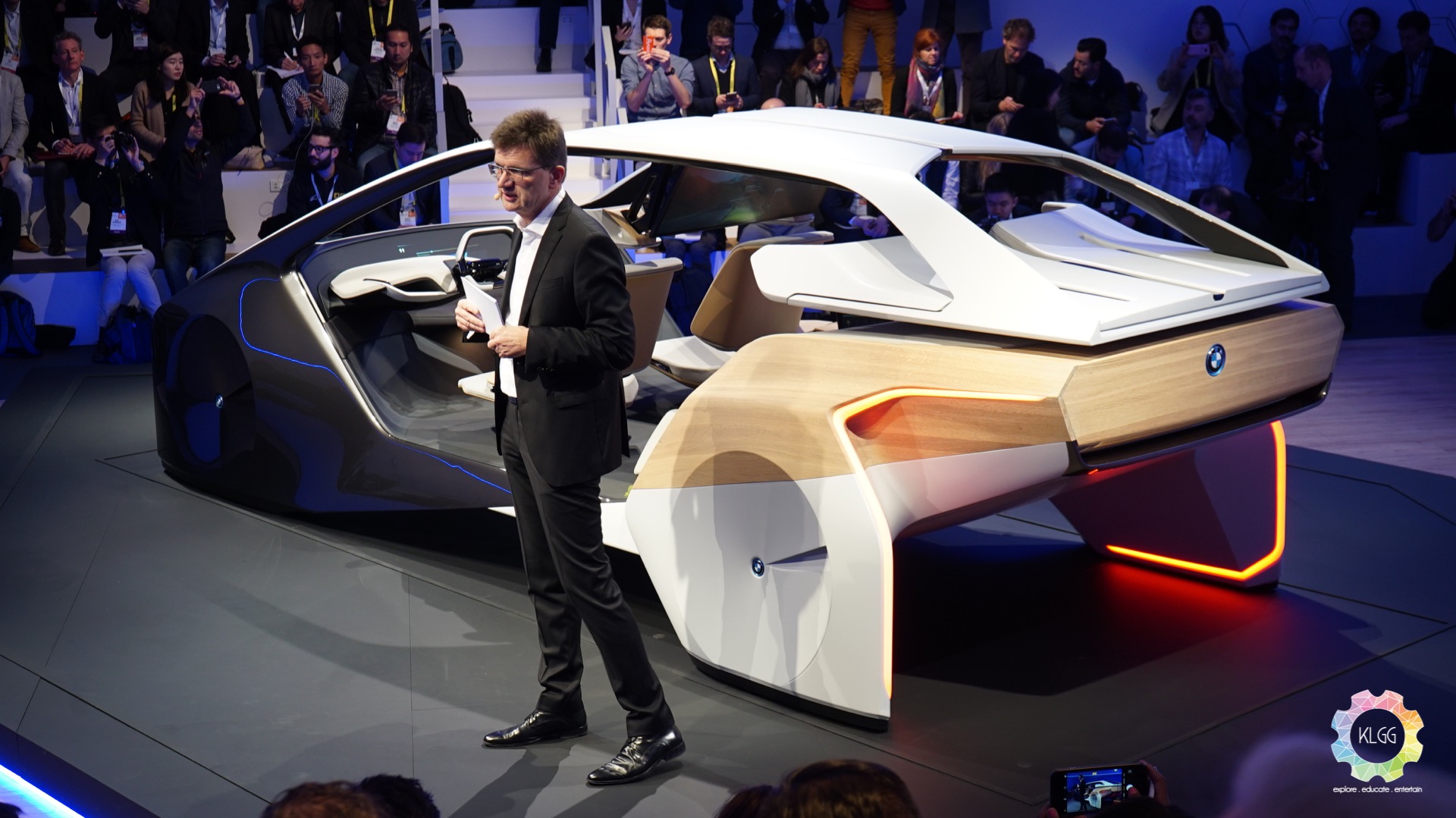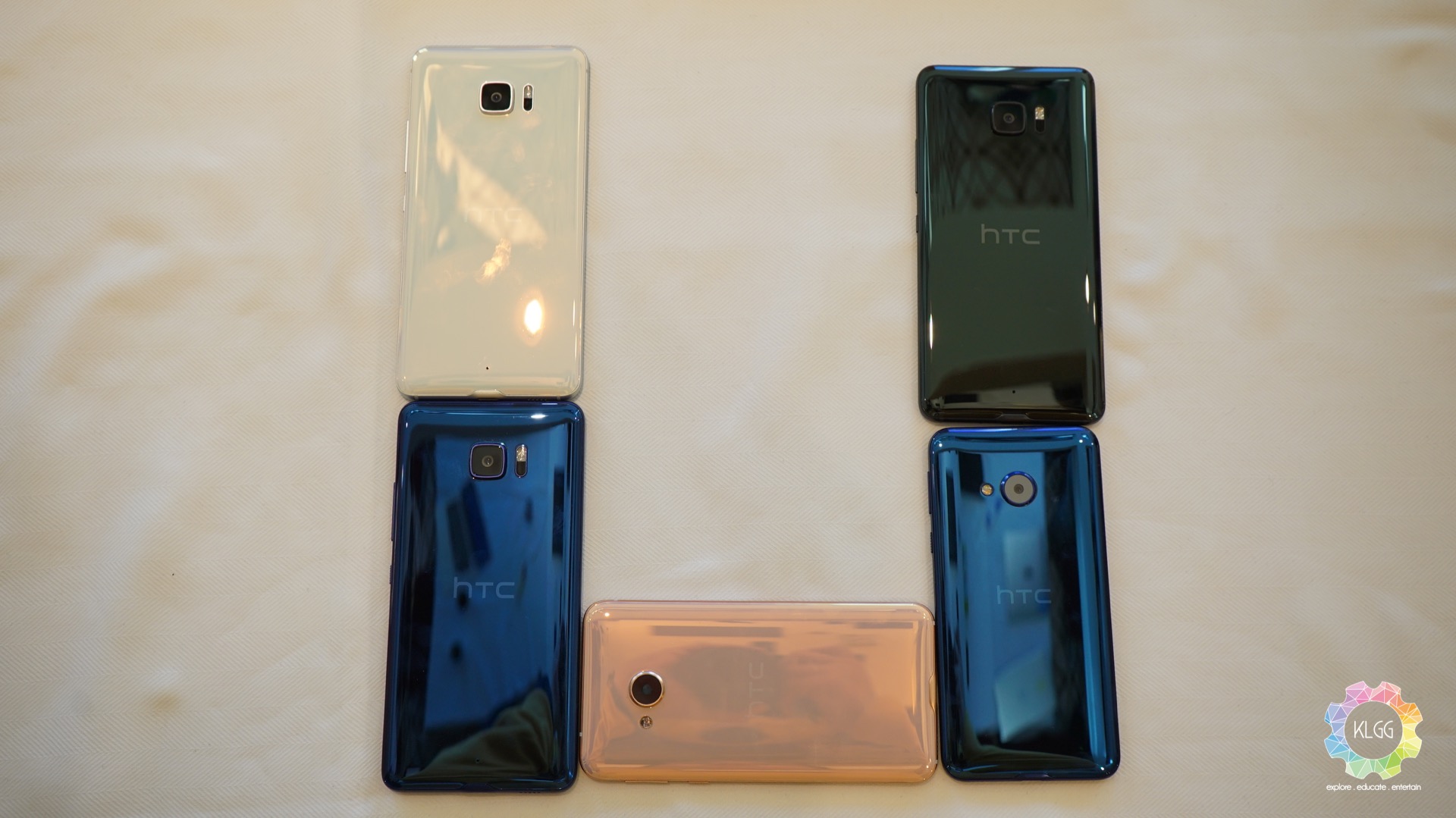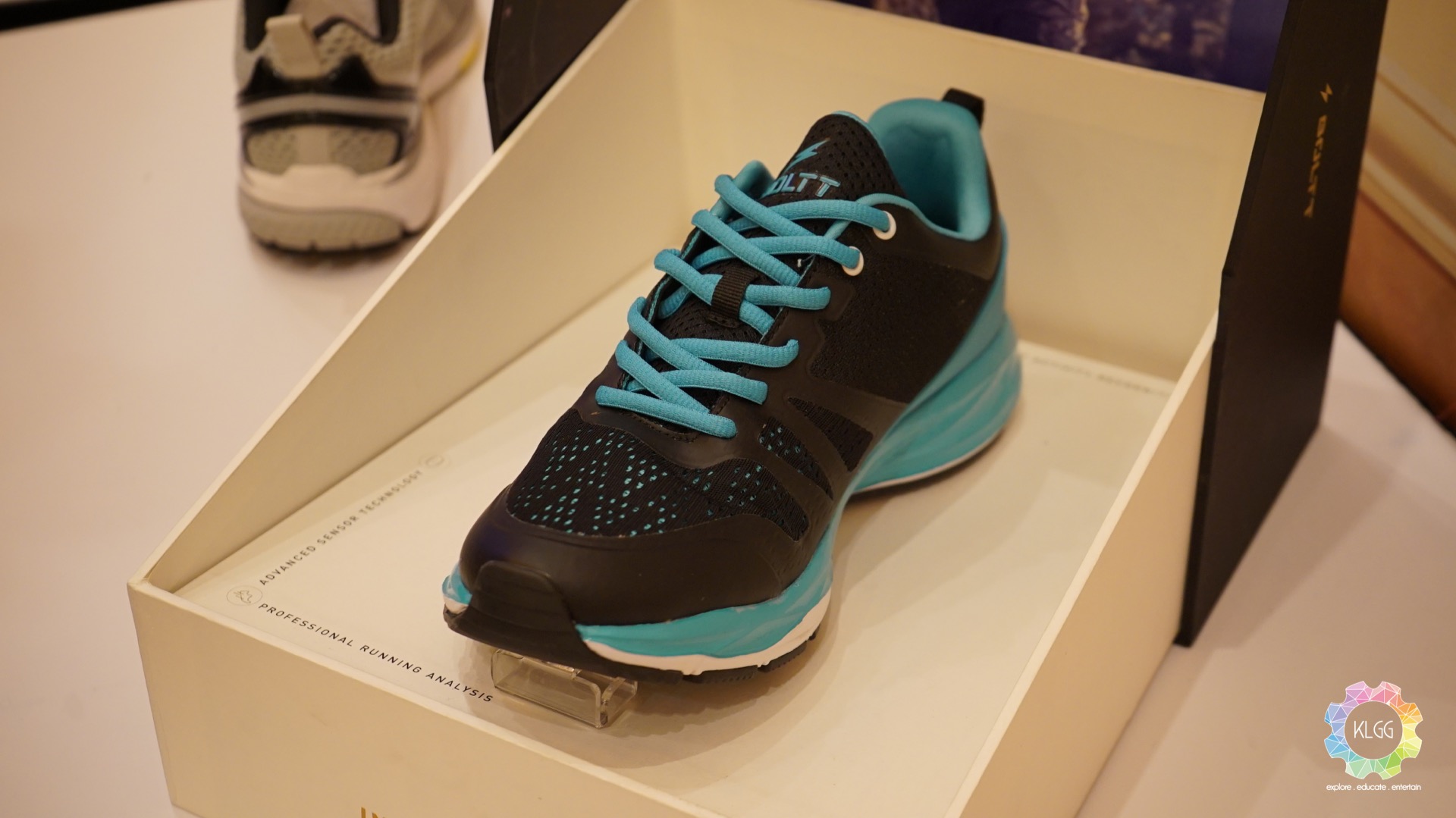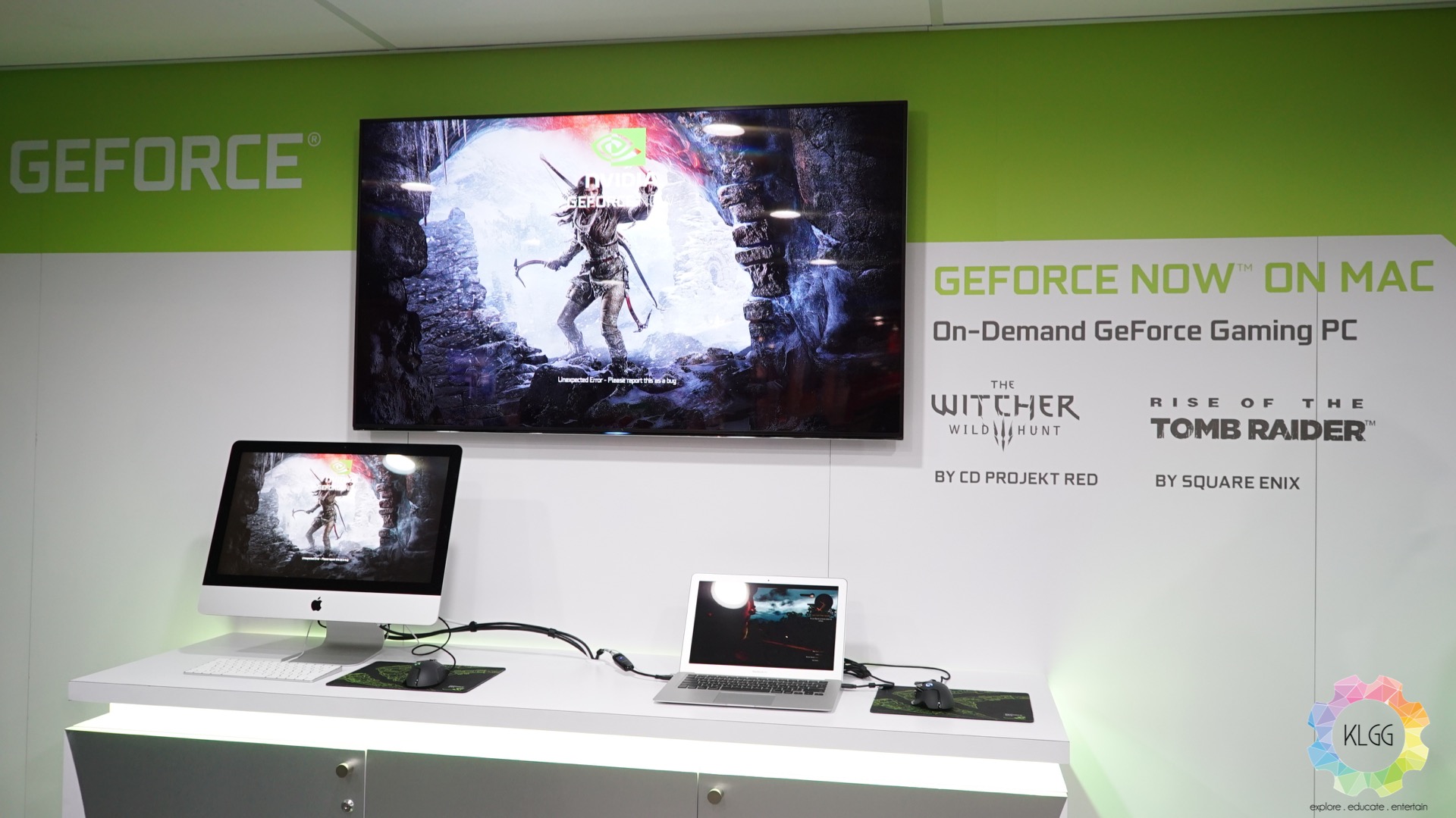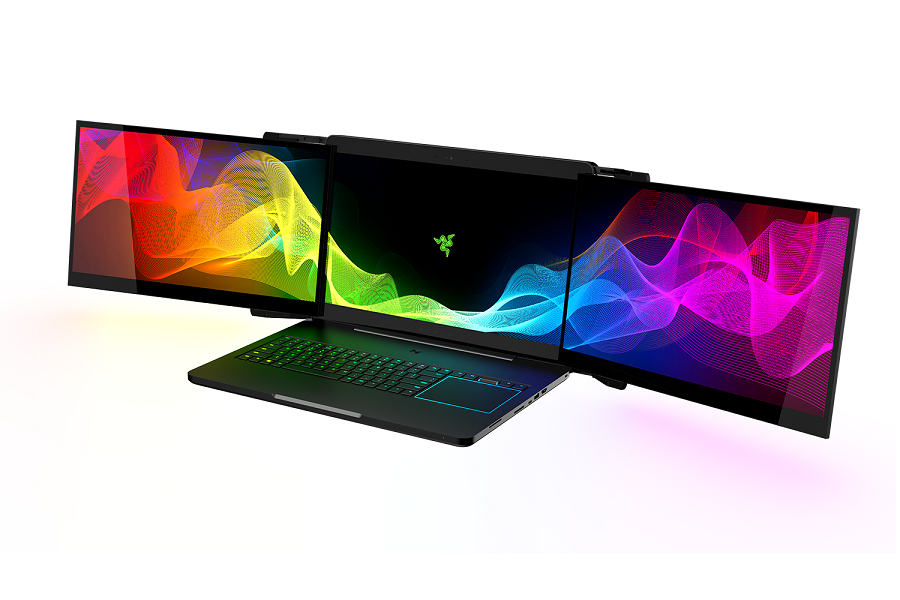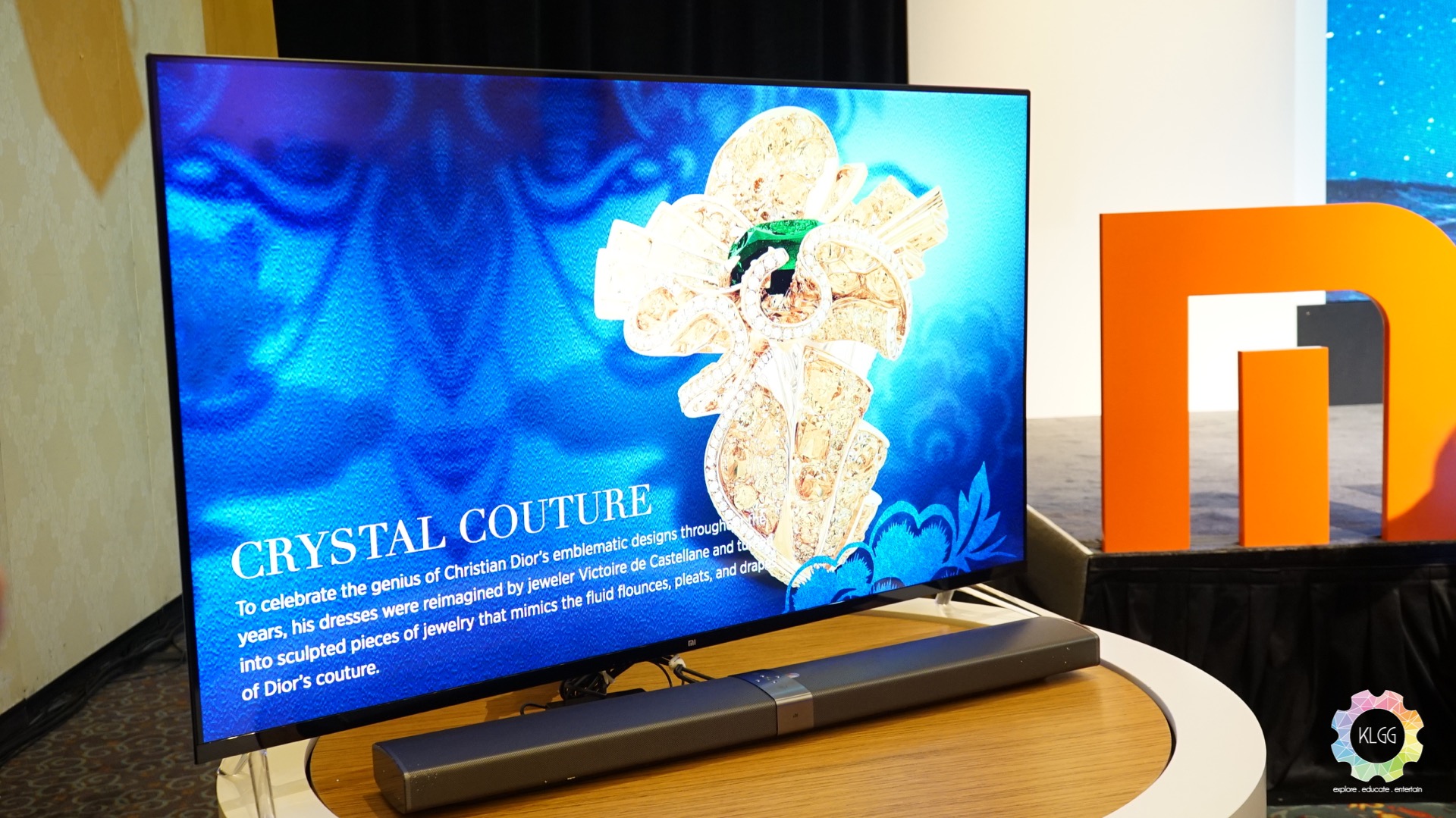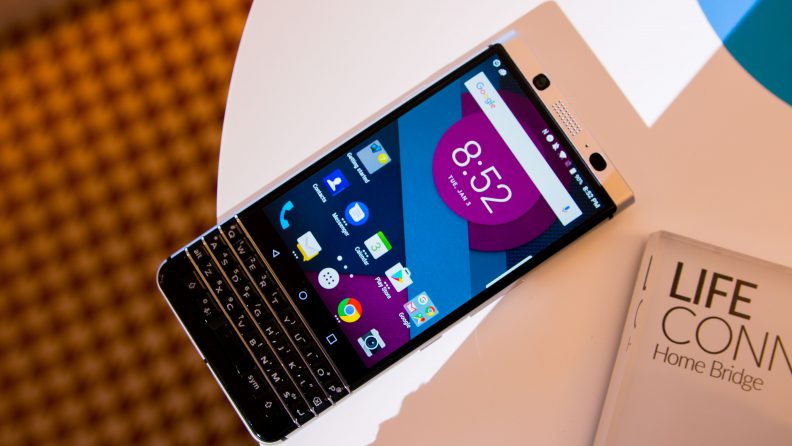The Consumer Electronics Show may have ended last week, however the buzz of what has been announced in the largest tech trade show is far from over. This is the first time that the team had the opportunity to be on the ground, we experience some of the craziest tech stuffs before the public does, walked thousands of footsteps in between booths and press conferences, this is definitely the craziest experience that we’ve ever had in our international events. If you have missed our coverage during the exciting week of CES, fret not as we roundup the news of CES and our thoughts in this post.
AI and Autonomous Cars
Artificial Intelligence and autonomous cars have played an important role in CES this year, as our lives get more digitized than ever, it makes sense that machines are starting to learn how to assist us in our daily lives. While there are many concept cars around the CES show floor by various car makers, we attended BMW’s press conference in an early morning, we were shown the BMW I Vision Future concept car, which BMW thinks that the future of cars should be fully autonomous and lets you control its functions using holograms, the concept car also tends to redefine how stress-free traveling can be with its intuitive features, there’s a mini living space made at the rear seat just to show that.
If you would like to see things a little more realistic, then NVIDIA has its Drive PX 2 AI Car Computer up for show this year in CES. While announcing a partnership with Audi and Mercedes Benz, the GPU company has shown off its car computer in a self driving Audi Q7, which we sat on it and experienced how smart it knows how to drive on rocky roads and avoid obstacles when a barricade is pulled out intentionally to block its way. In fact, the Drive PX 2 has built-in artificial intelligence and deep learning capabilities that could learn things on the go, hence enabling it to predict road conditions and avoid accidents when possible.
Cars aren’t just the only thing that’s doing AI, HTC has also announced two new AI-enabled flagship smartphones, the HTC U Ultra and U Play smartphones are beautiful devices that learn user behaviours while you are using the device. While HTC didn’t specifically demonstrate how the feature works on the spot, the company claims that the phone will be able to make recommendations at least a month later, for instance setting up an appointment in the calendar and suggesting places that you should go try out, while integrating with apps like Foursquare and Yelp. HTC has also done away with the 3.5mm headphone jack on its new phones, while its disappointing that the company didn’t add water resistant capabilities to the phone, the phones will work with the company’s new AI-enabled HTC U Sonic USB-C earphones, it detects the user’s background noise and sets the appropriate listening and noise cancelling levels to offer a decent music listening experience.
Fitness tracking devices are also getting smarter as well, apart from the usual stuffs, Boltt is doing differently by enabling AI on its fitness tracking devices, the Indian startup announced a fitness band, a smart stride sensor and a pair of running shoes, all of which will be powered by an AI assistant called ‘B’. B interacts with the user during workouts, it provides feedback of how the user is doing on their workouts and how not to overdo them to ensure proper fitness. Boltt will be selling its fitness trackers on Kickstarter and giving an early bird discount at this time of writing.
Gaming
As Intel launches its Kaby Lake processors during CES, many PC manufacturers have taken the opportunity to launch new systems. Starting with MSI, the company has updated all of its gaming notebooks to 7th Gen Intel Core i7 processors, which most of them will see significant improvements in gaming and VR applications, the company has also made NVIDIA’s GeForce GTX 1050 and GTX 1050 Ti graphics available on its entry-level gaming notebooks, which the company has claimed to perform the best among the competition all thanks to its Cooler Boost thermal solution. Furthermore, MSI has also introduced its collection of Intel Z270 motherboards for the Kaby Lake platform.
Although NVIDIA made quite an impressive show with its self-driving car technology, the company has also made some huge announcements about its core business in CES. One of the most exciting announcements would be GeForce Now for PC and Mac, a cloud gaming streaming service that was previously made available with the company’s Shield TV box, starting March this year gamers who sign up to the service can finally play any purchased games from platforms such as Steam on any PC and Mac devices, as long as you have a fast Internet connection. Furthermore, the company has also announced support for Facebook Live on its GeForce Experience platform and new G-SYNC HDR monitors by ASUS and Acer.
A spotlight of the CES show floor, and a sad one as well, Razer’s Project Valerie is a powerful gaming laptop that has two extra displays that expands from its main display, which creates a portable surround gaming experience, while it is a conceptual product that probably won’t make it to retail that soon, it sets a new standard on how gaming laptops could move on in the near future. But right before that, two units of the Project Valarie were stolen from Razer’s CES meeting room and might have also made its way rather successfully to China.
Smartphones
Smartphone announcements aren’t usually the highlight of CES, but companies like ASUS has decided to make it a big one with its Zennovation event by announcing two new smartphones. The Zenfone 3 Zoom takes on the same camera approach as the iPhone 7 Plus, by offering dual lenses with different focal lengths which translates into 12x optical zoom, but performance internals remain the same as the original Zenfone 3. On the other hand, the Zenfone AR is the first Android smartphone to offer both Tango and Daydream VR capabilities, it is also the first to sport 8GB of RAM onboard alongside with a Snapdragon 821 processor, making it the powerful Android smartphone on paper for now.
While Huawei is present in CES this year presenting its Mate 9 once again, its sub brand Honor has launched the Honor 6x smartphone, a decent mid-range device that features dual cameras and a long battery life, its dual camera lens setup is different from what you see in the higher end Honor 8 or other Huawei flagships, the secondary 2-megapixel camera assists the main 12-megapixel camera in measuring depth of field, which allows users to selectively focus on objects after taking a picture. Powered by a Kirin 655 processor with up to 4GB of RAM, the Honor 6x is a decent performer as a mid-range device that costs less than US$300.
Xiaomi attends CES this year without making any new products available in the US market, however the company has never ceased to impress the audience with every keynote they’ve held, we saw the latest Mi TV 4 with a super slim 4mm frame, a new white color for the Mi MIX concept phone, and finally a powerful enterprise grade Mi Router HD network router.
Blackberry has also made a surprising appearance in CES with its TCL-manufactured Mercury smartphone, what’s interesting is that this smartphone comes with a physical keyboard on it, a hardware that Blackberry fans have missed dearly. While not exactly a launch, this Android 7.0 Nougat powered Blackberry smartphone will make its official debut later at Mobile World Congress this year.
Final Thoughts on CES 2017
My colleague Reuben has written a piece of what he thinks about attending CES and you should read it if you haven’t done so. Having attended Computex for the past two years, I have to say CES is a lot bigger and more interesting than the former and you will definitely want to check out every single booth available in the show floor, while this isn’t really possible unless you have a big team. This year, the biggest highlight of CES would be the future of autonomous technology, things such as AI, robots, drones are getting better than ever, however when it comes to exciting innovations, there really isn’t anything striking my excitement like many years back, every big thing seems to be so conceptual that you don’t even know if it would become true in real life. But still, I look forward to attending next year’s CES, hoping to feel how fast technology has moved on despite being just a year apart.

